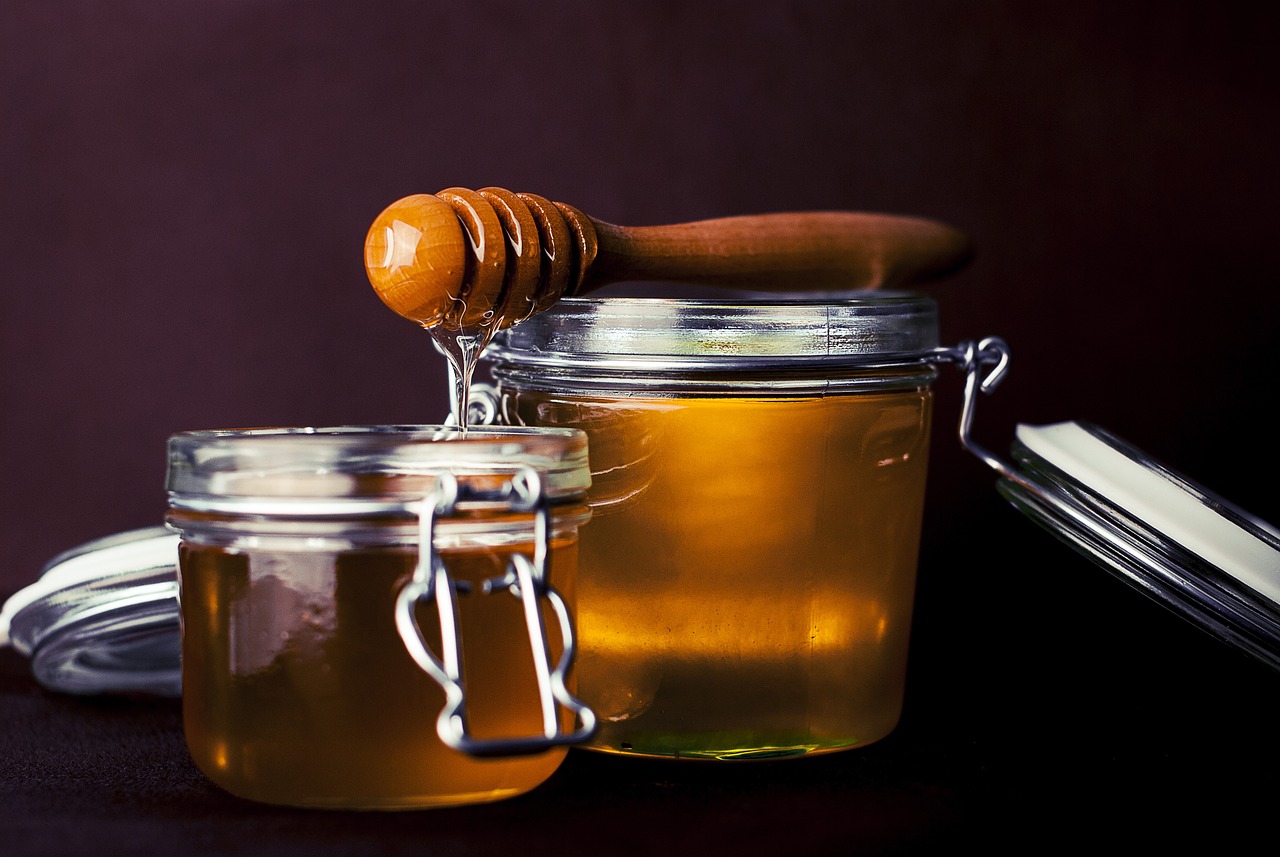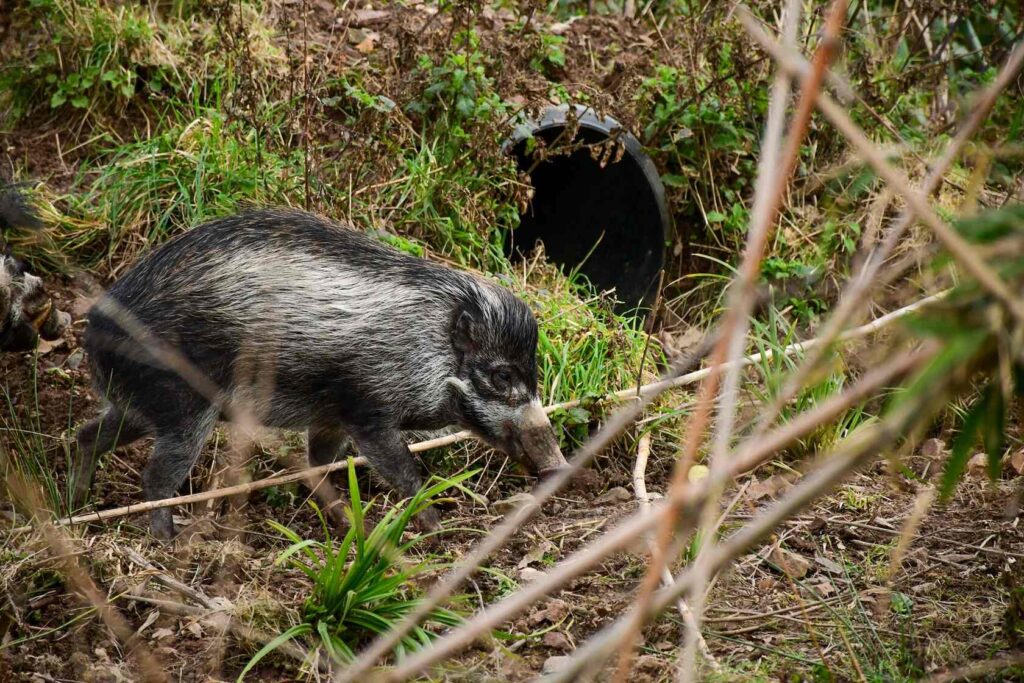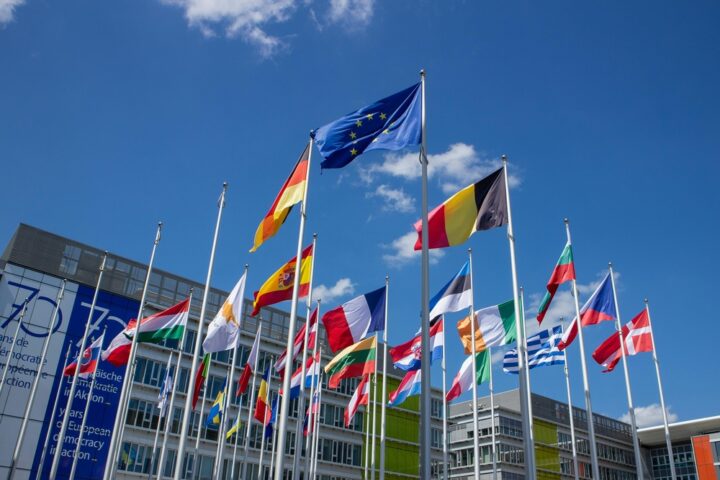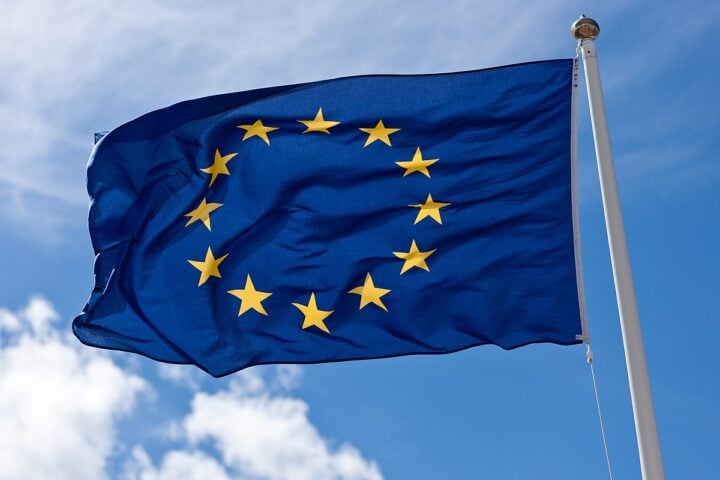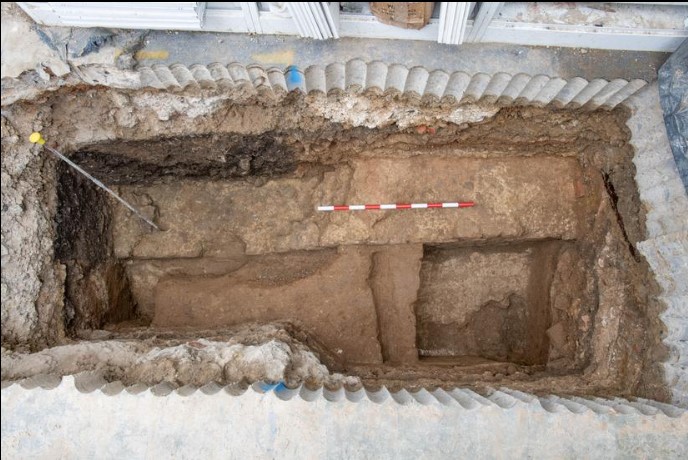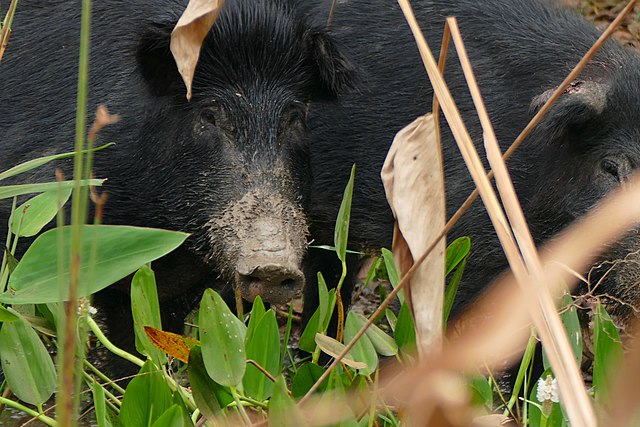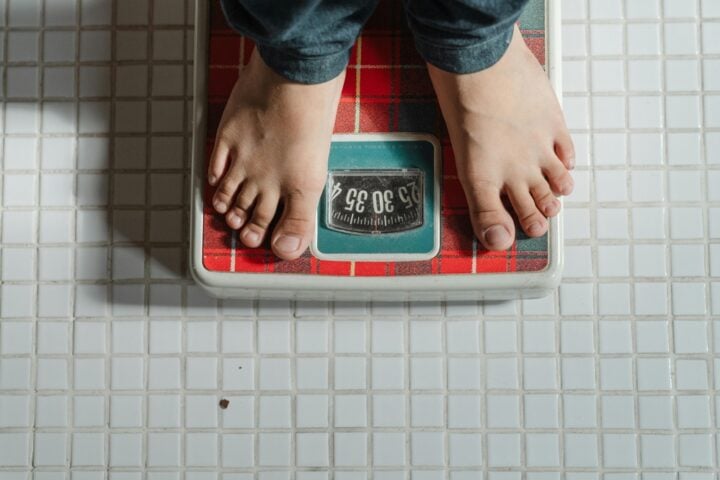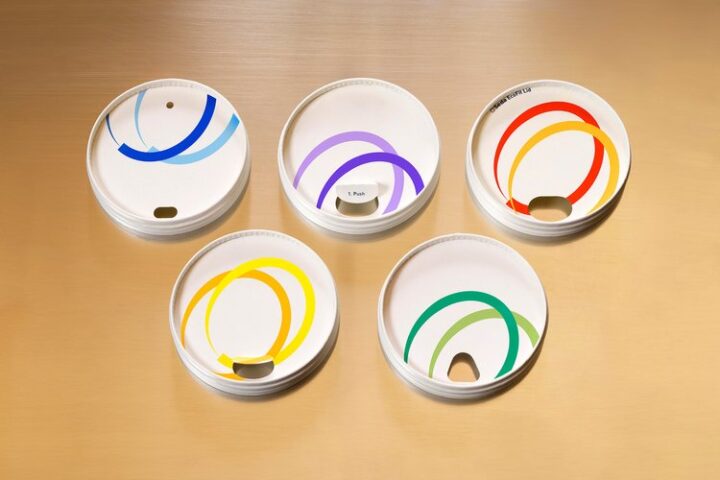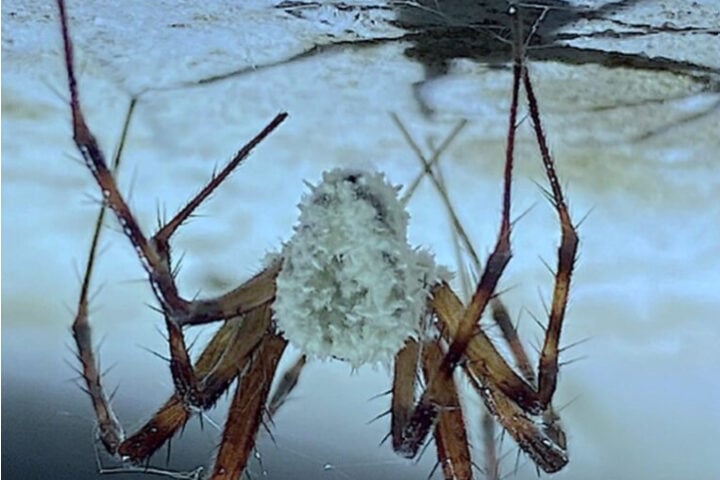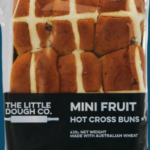That golden jar of honey on supermarket shelves might not be as pure as you’d anticipate. Recent tests set up a shocking verity nearly all tested supermarket honey in the UK is not entirely genuine honey.
Think of it like watering down orange juice- except with honey, companies are mixing in cheaper sugar syrups that look like honey but lack its natural virtuousness. Out of 25 honey jars tested from UK shops, 24 failed authenticity checks, according to the Honey Authenticity Network.
The reason? Money. Pure honey costs about £2,370 per tonne, while sugar syrup costs just £500. These fillers look and pour like honey but lack the flavour, nutrients and unique enzymes that make the real stuff a natural, healthy delight, as noted in recent findings.
Real honey does more than just sweeten food. Studies show it can help lower the threat of type 2 diabetes and heart complaints when used rather than regular sugar. But these health benefits evaporate when honey is mixed with cheaper syrups.
Original beekeepers are proving to be more reliable. When experts tested honey from five UK beekeepers, all samples were genuine. Meanwhile, supermarket honey can bring as little as 72p for a jar- a price that raises eyebrows given the true cost of pure honey.
“Honey is a high-value foodstuff and there are increasingly sophisticated methods to dilute it to avoid discovery,” says the British Beekeepers Association (BBKA). These techniques are getting cleverer, making it harder for shoppers to spot the difference.
Similar Posts
The Food Standards Agency (FSA) notes that while no unsafe honey has been found in UK stores, honey remains “a product that can be at risk of fraud.” It’s worth noting that what is being sold is not dangerous, it’s just not purely honey as many would anticipate.
Look at the label time you are shopping. If it says “mix of EC/non-EC honeys,” that is a red flag. This vague description frequently means the honey could be mixed with other substances. Pure honey should come from a single, traceable source.

The Department for Environment, Food and Rural Affairs states, “We take any type of food fraud very seriously. There’s no place for diluted honey that undermines consumer confidence and disadvantages businesses acting within the law.”
While the European Union has brought in stricter testing and labeling rules, the UK has been slower to follow. This means UK shoppers need to be more careful about their honey choices.
